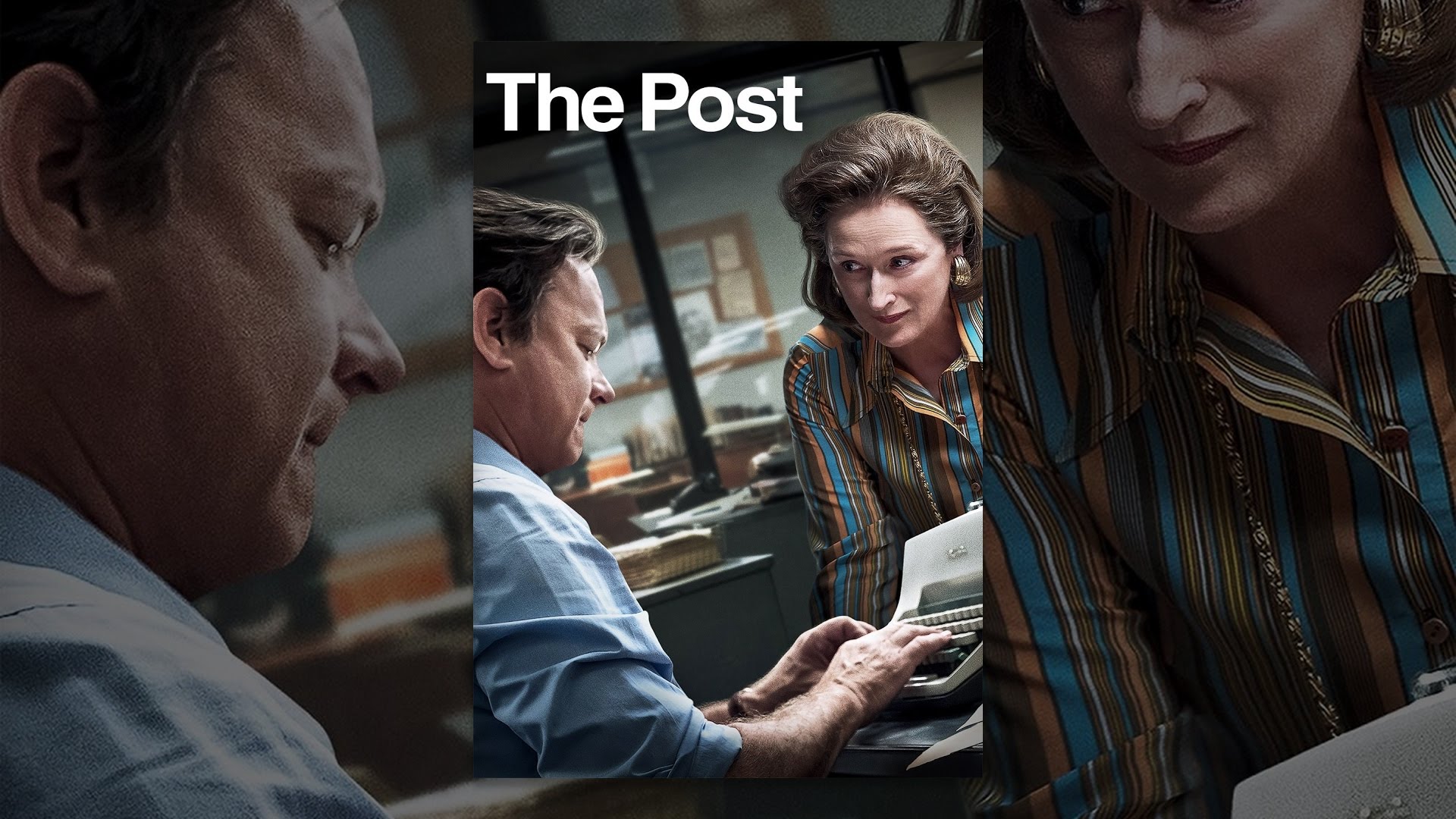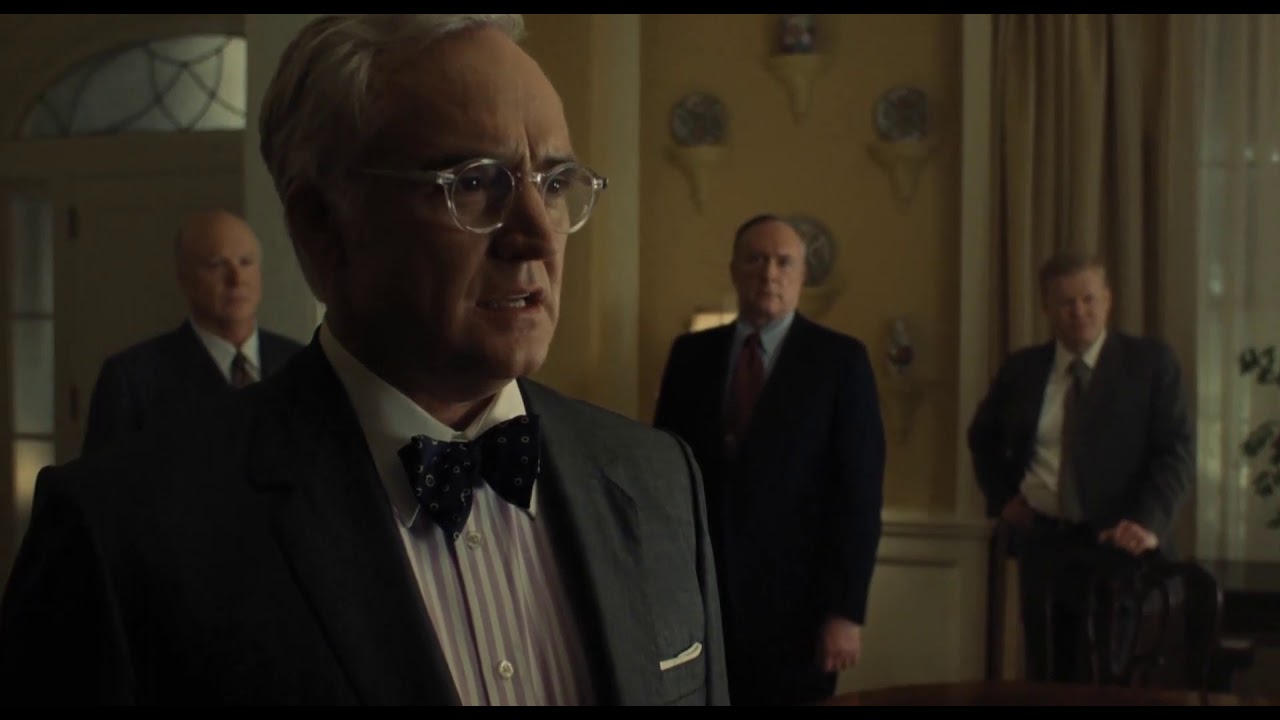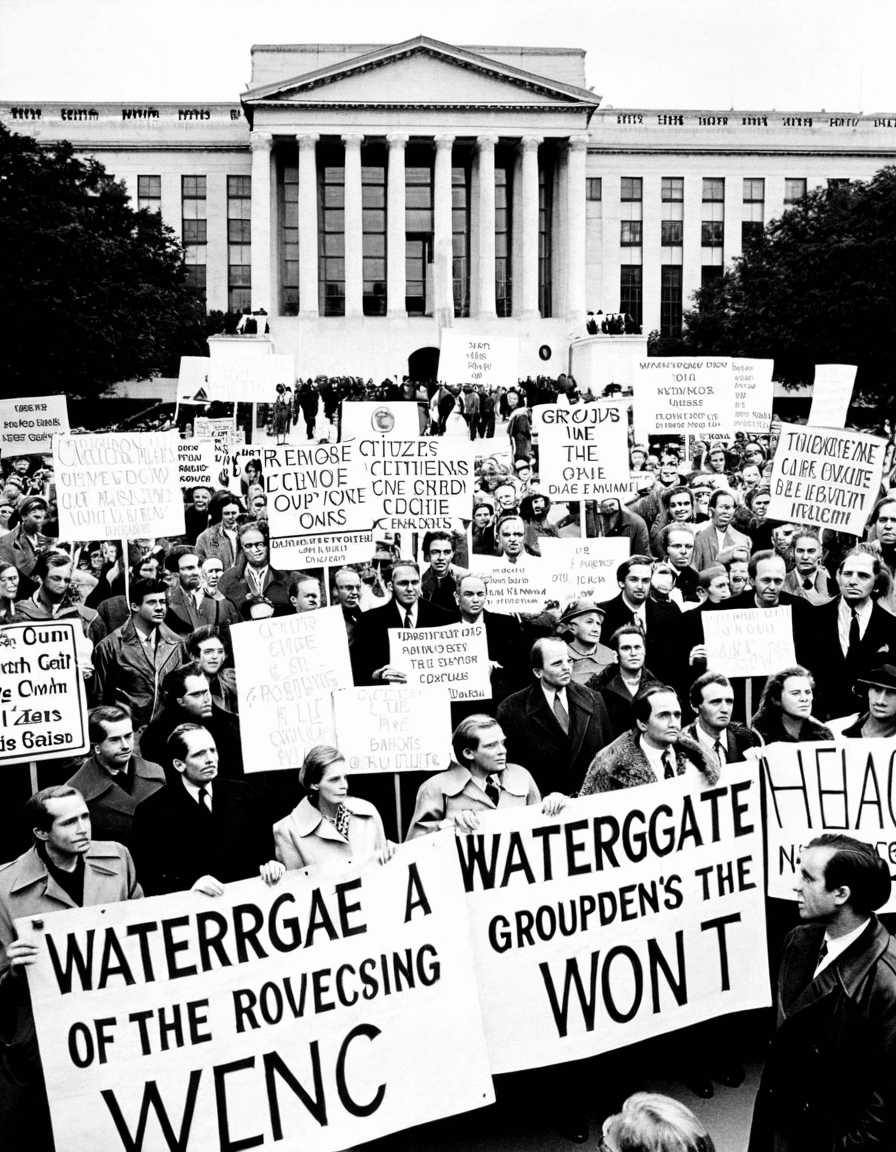![The Post | Official Trailer [HD] | 20th Century FOX](https://www.loadeddicefilms.com/wp-content/cache/flying-press/f6ce39e49d8ca1ff991db6c49d38be56.jpg)
The Post: A Catalyst for Change in Journalism
You don’t have to be a journalist or a history buff to appreciate The Post. Released in 2017, this film tells the story of The Washington Post’s daring decision to publish the Pentagon Papers—a bombshell report that revealed the ugly truths of America’s involvement in Vietnam. The act of bringing those classified documents to the public eye was, without a doubt, a game-changer, challenging the norm of how the media engages with authority.
The Post not only highlighted the tenacity of its journalists but also reminded us that the heartbeat of democracy is transparency. Think about it: without the brave work of Ben Bradlee and Katharine Graham, we might still be living in the dark about certain historical realities. So, let’s dig deeper into the importance of this film and how it reshaped the journalistic narrative, impacting the industry today.
In a world where anyone with a smartphone can share information, The Post stands as a reminder that journalism is a responsibility, not just a profession. It paved the way for a generation of journalists to rise up and defend the freedom of the press, enduring risks while pursuing the truth. So, grab your popcorn because we’re diving into the lessons and legacies inspired by The Post, and trust us—you won’t want to miss this ride!

Top 5 Key Lessons from The Post That Changed Journalism
The moment The Washington Post decided to publish the Pentagon Papers wasn’t just an act of bravery; it was a groundbreaking defense of the First Amendment. This tenacity in journalism showcased that journalists could and should challenge government authority. The film underscores that holding power accountable is crucial, echoing in movements like Me Too and Black Lives Matter. It’s a wake-up call that journalism can inspire social justice and ignite change—not just report on it.
In an era muddied by “fake news,” The Post captures the essence of authentic storytelling. Rigorous fact-checking and ethical decisions became guiding principles for credible journalism. In an age where misinformation spreads like wildfire, outlets like ProPublica and The Atlantic have grasped these ideals and delve into investigative stories, prioritizing truth above all. The audience craves authenticity, and The Post sets a standard for present and future journalism.
Competition is the lifeblood of any industry. After the fallout from the Pentagon Papers, newspapers like The New York Times and The Wall Street Journal ramped up their investigative initiatives. This spirit of competition trickles down to today’s players like Vox and BuzzFeed News, which are busy expanding their reporting arsenals to tackle vital societal issues. It’s a race, but it’s one that benefits the public. Who doesn’t love a good scoop?
The Post emphasizes that teamwork can amplify the impact of investigative journalism. By crossing departmental lines, The Washington Post showcased that collaboration is key. Fast forward to today, and you’ll see so many organizations, such as Reveal from the Center for Investigative Reporting, understanding this value. Partnerships are producing groundbreaking stories that hit harder and resonate wider, ensuring crucial issues don’t get swept under the rug.
Innovation doesn’t just happen; it’s sparked! The Post ignited conversations about new technologies and methodologies for delivering news. Today, we see platforms like the BBC and The Guardian adapting their formats to engage younger audiences, using eye-catching graphics and multimedia storytelling. Just like The Post paved the way for valuable changes in journalism, these innovations are vital for keeping the medium relevant and engaging.

The Long-term Impact of The Post on Journalism
Looking back, the legacy of The Post isn’t just about an incredible film. It’s about reshaping what we think of as journalism itself. The freedom of the press appears to have a renewed responsibility, which resonates with a newer generation of journalists eager to hold power accountable. The film’s influence is crystal clear in today’s media landscape—where transparency and accountability are more important than ever before.
Fast forward to 2026, and you see how the tenets illustrated in The Post remain paramount. The commitment to truth, ethical reporting, collaboration, and inventive formats has prepared today’s journalists to tackle an increasingly complex information world. As misinformation lurks and economic pressures mount, those lessons from a film about 1971 hold strong relevance, guiding aspiring journalists navigating today’s wild media landscape.
The Post serves as a vivid reminder that journalism isn’t just about gathering facts; it’s about reaching the truth and ensuring that the public is informed. In an age where social media tends to distort realities, the fight for journalistic integrity is a battle that needs warriors—like Bradlee and Graham—who are ready to stand firm against the odds. As we look at the film’s impact, it’s clear: the responsibility to shine a light on the truth has never been more vital than now.
So, let’s celebrate The Post, not just as a gripping film but as a symbol of how powerful journalism can unite, inform, and inspire change—reminding us of its crucial role in our democracy today.

The Post That Changed Journalism Forever

Breaking Ground with ‘The Post’
Did you know that The Post, directed by Steven Spielberg, wasn’t just a cinematic experience? It played a pivotal role in illustrating the significance of journalism in a democracy. This film recounts how the Washington Post fought to expose the Pentagon Papers, showcasing the elements that make journalism essential today. As the story unfolds, it raises questions about freedom of speech and the responsibilities that come with it—relevant themes as society grapples with modern media challenges.
What’s fascinating is the casting of Meryl Streep as Katharine Graham, the first female publisher of a major American newspaper. Streep’s portrayal highlights Graham’s resilience and courage, shining a light on women’s roles in journalism, which were often overlooked. A little trivia here: did you know that a significant scene in the film mirrors how the first-ever news report was published, almost like a thunderbolt from the sky, shaking public opinion? The significance of uncovering the truth remains as powerful now as it did during those turbulent times.
A Film with Historical Depth
Furthermore, the impact of The Post resonates on various levels. The narrative pulls viewers into the historical context of the Vietnam War, reminding us of the stakes involved in journalism. It’s a testament to how gritty reporting has influenced public perception, much like how sports updates, such as the recent Reds Vs Braves game, capture moments of sheer tension. This connection between past and present isn’t lost on audiences; it brings home how journalism serves as a watchdog for democracy.
Fun fact: did you know the production team faced their own challenges, particularly given the political climate when filming started? This reflects the ongoing tensions surrounding media integrity today. The very act of storytelling, whether it be through the lens of serious news or an ongoing narrative like The firm, continues to shape how we engage with information. Just like Charla Nashs resilience in overcoming personal struggles, the tenacity shown by figures like Graham reminds us that the fight for truth isn’t always easy, but it’s always necessary. In the end, The Post isn’t just a film; it’s a call to arms to recognize the vital role of journalists in shaping our reality.























